We were lucky to catch up with Sally Kilpatrick recently and have shared our conversation below.
Sally, thanks for taking the time to share your stories with us today What do you think it takes to be successful?
Being successful first requires your own personal definition of success. Take the publishing industry, for example. Very few authors go on to make crazy money. A more modest number find a way to make a living. So, should we writers use money as a barometer for success? I don’t think so. I know way too many authors who are very talented but haven’t made a great deal of money to believe that.
Awards can also be capricious, so it’s best not to hang your hat on winning a specific contest. I have to remind myself of this frequently because I’m motivated by gold stars and shiny awards. If one comes my way, then awesome. If not, there’s always next year.
Reviews? I’d pay attention to the positive ones and maybe skip the negative ones. Positive reviews are from your audience. Negative reviews could teach you something about your craft that you could improve, but they could also be written by people who simply prefer to read something else. And if you’re a writer who’s paralyzed by bad reviews, then it would be wise to avoid them altogether.
At the end of the day, my idea of success is that I have published six books, three novellas and counting. Success is every time I finish another story that I like. Success is every time one of my books resonates with a reader. Success is being able to do what I love.
Does that mean I don’t want to be rich and famous? Let’s not get hasty…I’m available to try that out. But in some industries, and publishing is one of them, luck and timing play a role in success in addition to hard work. No matter what your field, however, I think the best way to achieve success is to focus on those milestones that you personally have control over and to simply never give up. Keep showing up, and keep getting better.
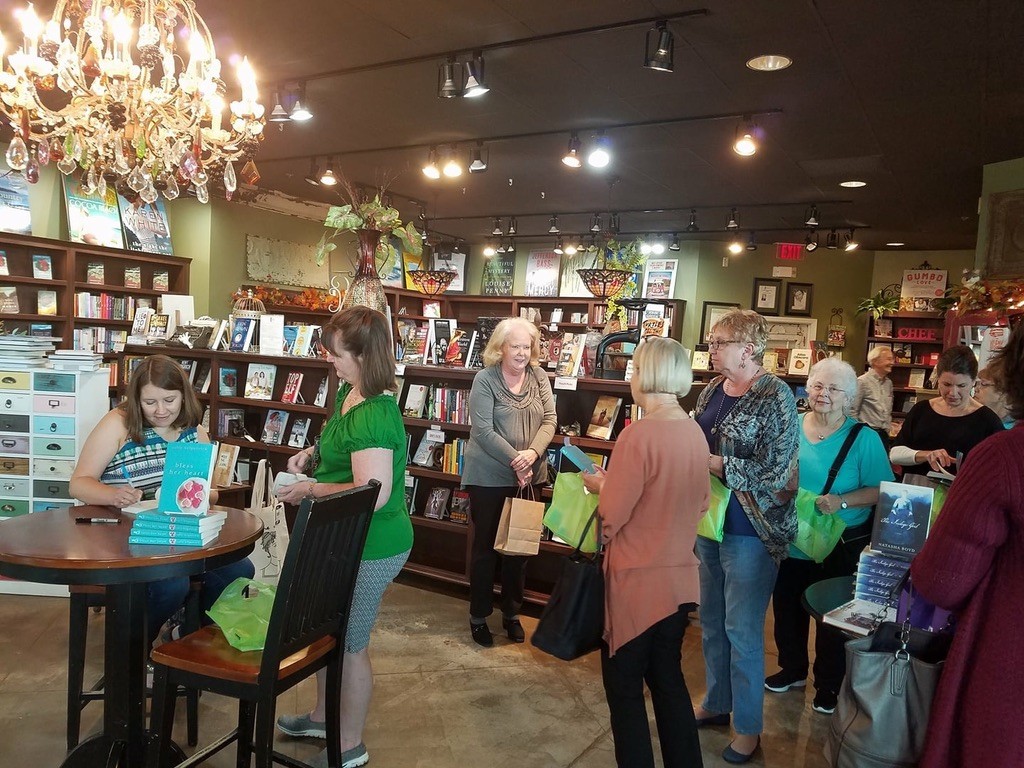
Sally, love having you share your insights with us. Before we ask you more questions, maybe you can take a moment to introduce yourself to our readers who might have missed our earlier conversations?
I’m a lifelong writer, but I didn’t actively pursue writing as a career until I was out of college. Even then, I had to quit my teaching job before I could really polish my novels enough to get published traditionally. Most of my novels are humorous southern fiction/women’s fiction, but I also have a few stand alone romance novellas. I’ve also finished my first mystery and am getting ready to shop it around.
In addition to writing, I’m also a public speaker, workshop presenter, and I hope to add story consultant to my business model. The former teacher within loves to speak to crowds and to help up-and-coming writers with their stories.
I’m most proud of getting published multiple times and doing so with stories that bring hope into the world. In my books, life may not be easy, but love and hope and good will triumph in the end.
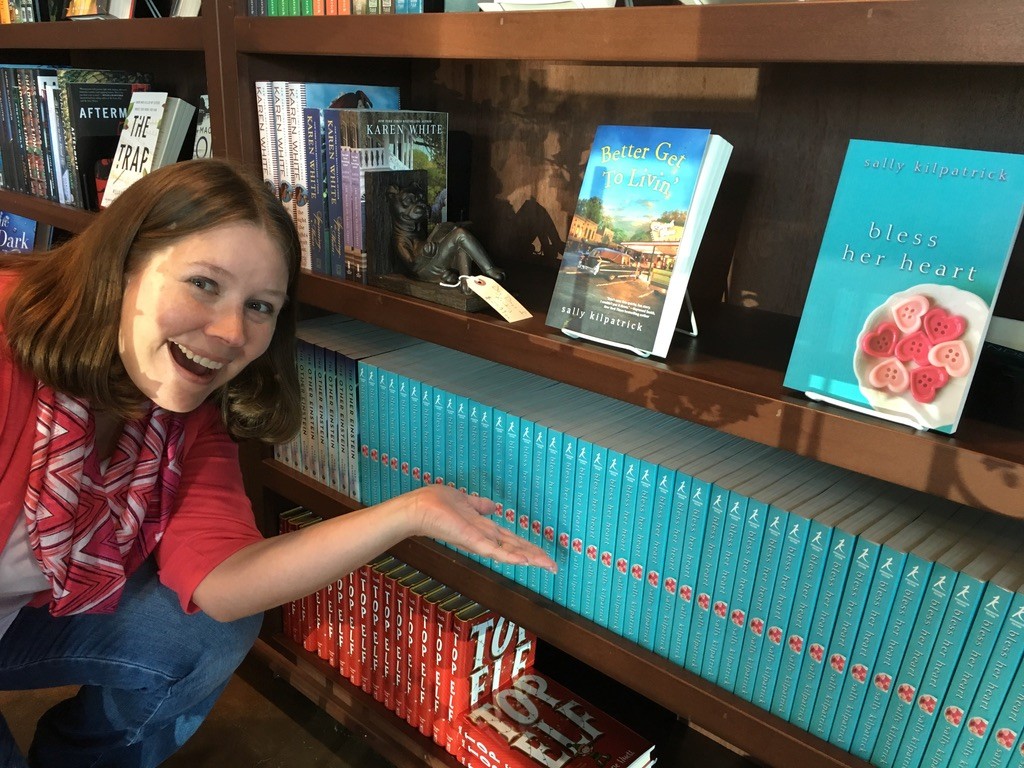
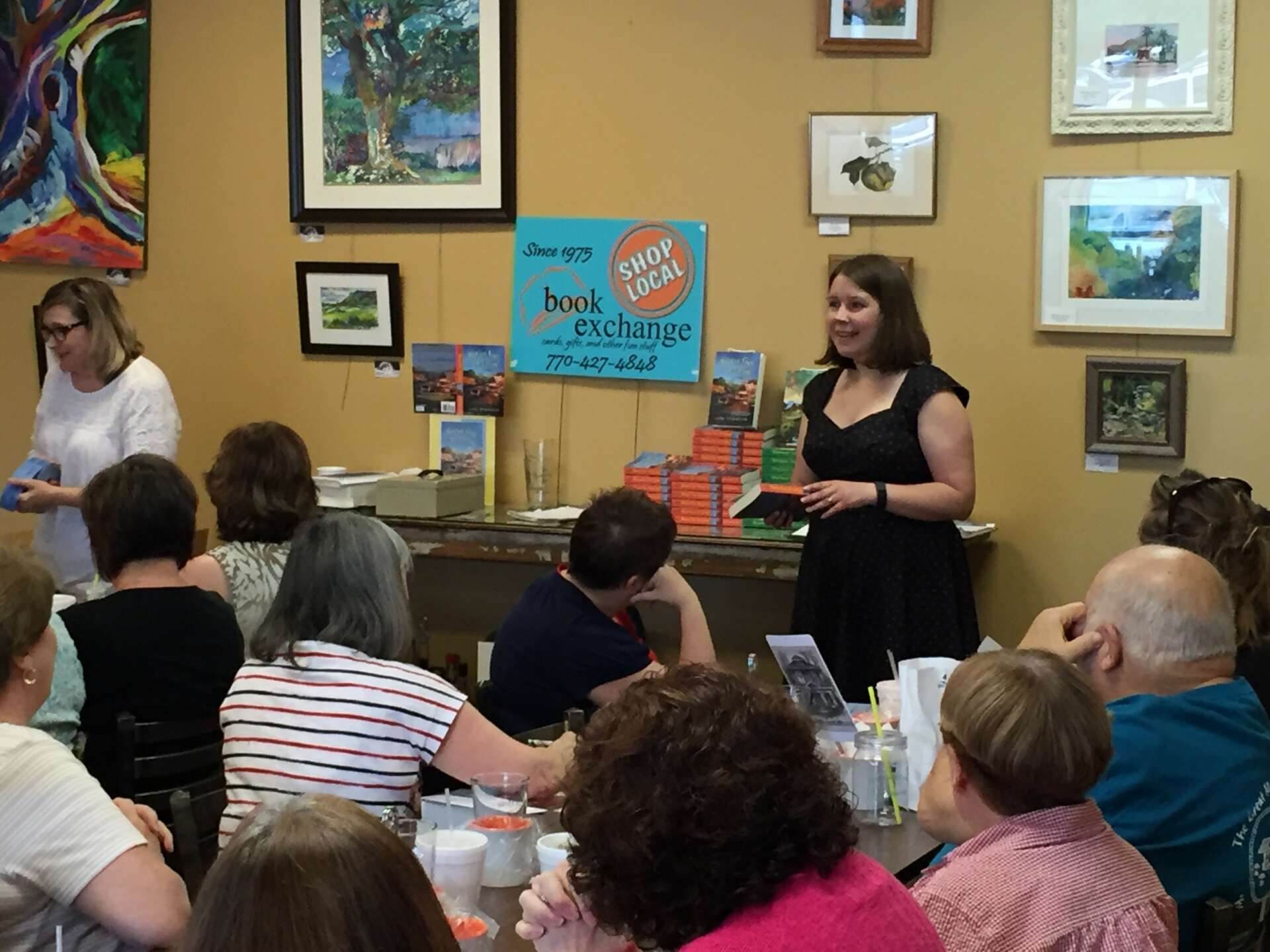
Can you share a story from your journey that illustrates your resilience?
Publishing is not for the faint of heart. Nor is it for those who crumple at the first hint of rejection. It took me over ten years to get an agent and another two to sell a book. Once I found publication, then I had to find readers. Finding readers means getting less than complimentary reviews sometimes. As a dewy-eyed new writer, I also didn’t understand that not every bookseller is going to be as excited as you are nor will they even want a copy of your book. With traditional publication, an author also often has to compromise with her editor, which may mean losing a character or storyline. Getting one contract is no guarantee that you’ll get another. Throughout it all, I’ve written.
I think one moment of extreme resilience was writing a new novel without the safety net of a contract during a pandemic while my father was in the hospital. That summer of 2020, I almost quit a hundred times. Blessedly, my father recovered, but I spent so much time pacing in the hospital garage–only one person at a time was allowed inside because CoVid–and trying to think of how to fix plotholes rather than what it would mean to lose my father. Once we knew my father was going to make it, I went to an airbnb to collect my thoughts. I finished revising that novel while sitting under a velvet Elvis painting.
I wish I could say that was the end of the resilience needed. Nope. That novel failed to sell despite rejections that were more glowing than some acceptance letters I’ve had. Once again, I wanted to quit. Oh, how I wanted to quit, but writing is a compulsion. Someway, somehow, I picked myself back up and started a new story, a mystery that contains all of the elements of the stories I love best. I’m really proud of this novel, and here’s hoping it will sell when I finish it! If not, I can always self-publish it along with the pandemic novel. That’s the joy of self-publishing.
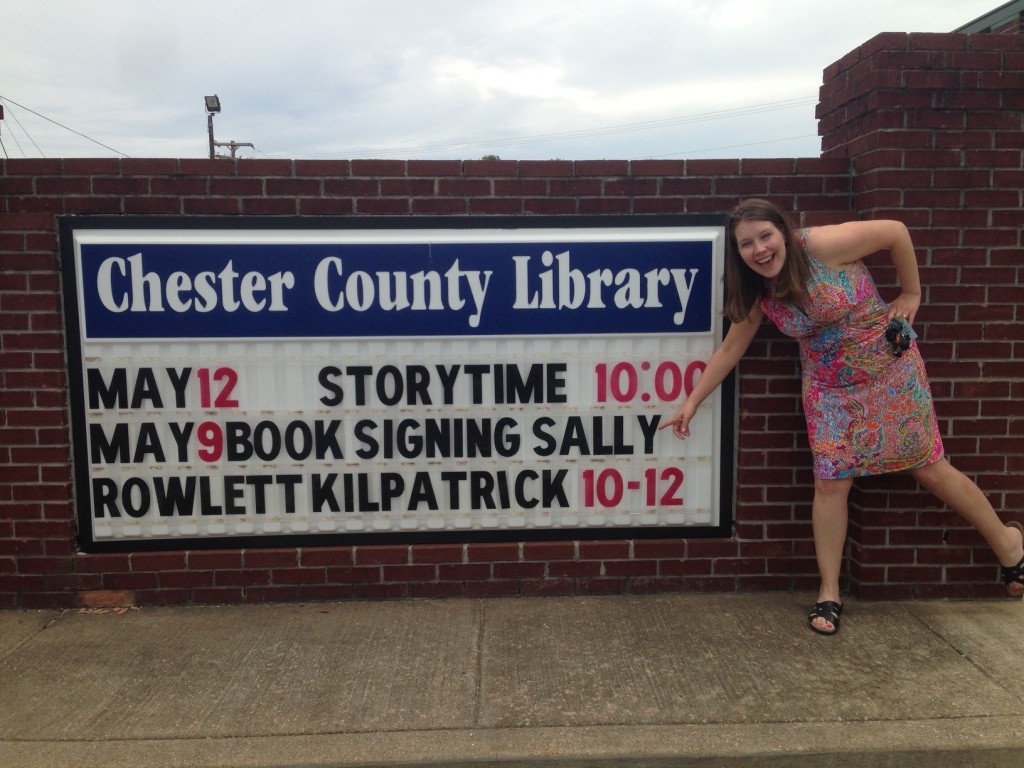

Is there something you think non-creatives will struggle to understand about your journey as a creative?
Most writers I know aren’t rich. Most of the writers I know who’re making good money are hustling like crazy and putting out multiple books a year. A lot of readers think that simply getting a book published means you’ve hit it big, but that’s simply not true for most of us. Since writing is often not the most lucrative job, then folks wonder why we do it. Well, we write because we have to. It refills the well; it warms the soul.
As with many creative endeavors, there are very few overnight successes. Most writers who achieve great success have been at it for a while. You keep writing stories. You keep showing up. You build up your backlist. All it takes is for one novel to take off, and there will be a ripple effect through the rest of your work. OR you simply keep putting good work out there, and hopefully your audience will find you.
What I’ve had to learn over and over again is that you must focus on the story. Looking to how much money you need to make or trying to chase trends almost always backfires. You’re far better off writing what is true to you–and writing lots of it.
One last thing I think many non-creatives don’t grasp is the need for space and time. As a writer, I can’t create if I don’t have time to myself. When a writer stares into space, they’re probably working. It just looks like staring into space. Sometimes I have to wait for an answer. I’d love to report that such waiting has led to an increase of patience. I’m afraid not.
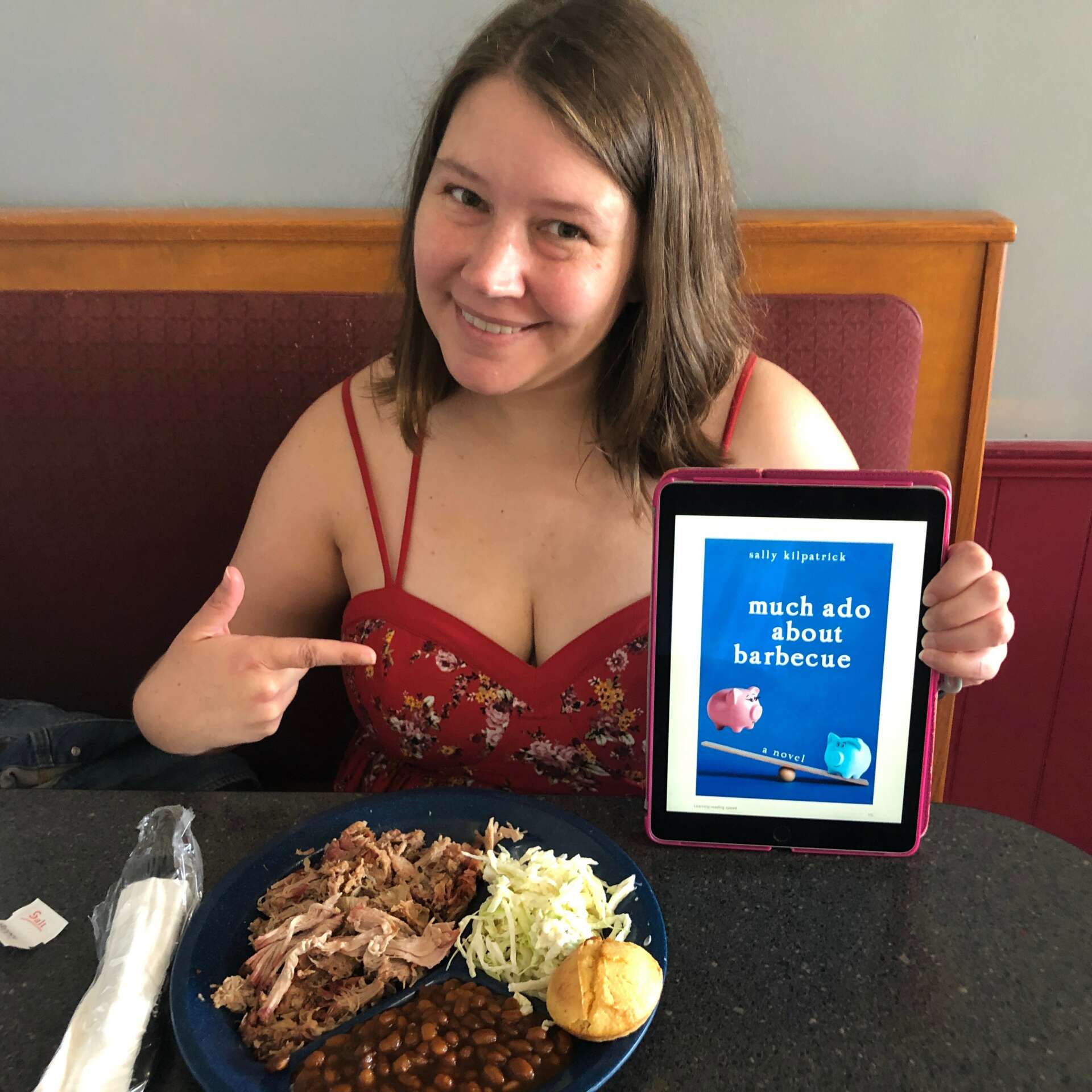
Contact Info:
- Website: https://www.sallykilpatrick.com
- Instagram: https://www.instagram.com/superwritermom/
- Facebook: https://www.facebook.com/SuperWriterMom
- Linkedin: https://www.linkedin.com/in/sally-kilpatrick-287b5950/
- Twitter: https://twitter.com/SuperWriterMom
Image Credits
Head shot is from…Glamour Shots, but I paid for the right to use it–let me know if you need for me to dig up that paperwork. All other photos taken by Ryan Kilpatrick except for the pint glass, which was taken by Sally Kilpatrick


